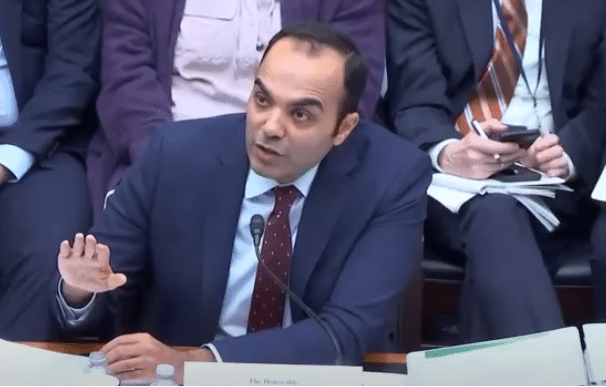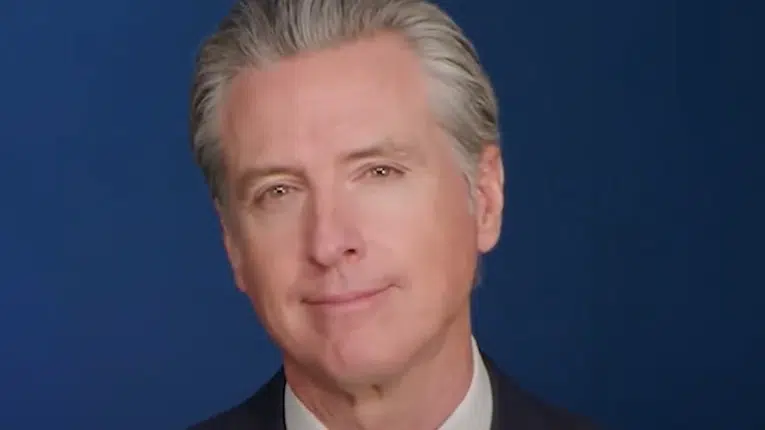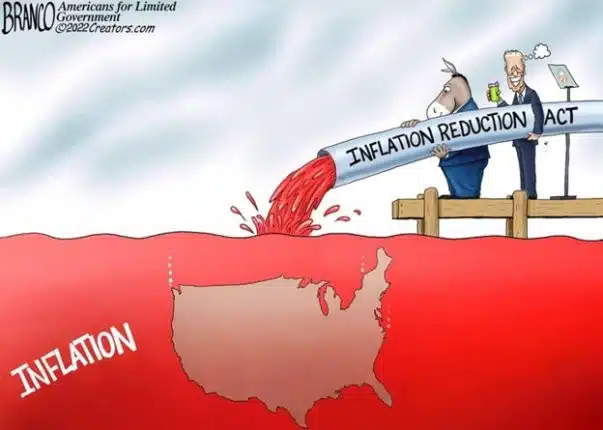
By Rick Manning
Imagine a regulatory body of the United States government deciding that people who pay their bills should subsidize those who don’t.
Well, imagine no more. The constitutionally dubious Consumer Financial Protection Board (CFPB) has a proposed rule (Regulation Z) that would lower the penalty fee for failing to pay credit card debt on time from $30 to $8. While this may seem like a good thing, it actually would have the perverse effect of shifting the burden to cover late costs to the broader consumer through higher interest rates.
In a recent hearing with the CFPB Director Rohit Chopra, U.S. Rep. Ann Wagner (R-Mo.) asked him, “why should responsible cardholders, who pay their bills on time and typically never pay late fees, be forced to subsidize frequent late payers?”
Wagner further pointed to the actual proposed rule which says that the 74 percent of all Americans with credit cards who never pay a late fee, could experience “higher maintenance fees and lower rewards.”
What could go wrong with a regulation where those who do the right thing get punished to benefit those who don’t?
Unfortunately, a lot can go wrong.
Smaller banks are particularly vulnerable as many of them have been under extreme financial pressure since the failure of Silicon Valley Bank earlier this year. Federal law requires that small businesses have unique protections against a regulation that would do significant economic damage to a substantial number of them.
The Office of Advocacy of the U.S. Small Business Administration is arguing to the CFPB that this regulation does real harm to smaller banks and credit unions and is formally protesting the CFPB decision to disregard this harm as speculation which did not command a factual foundation.
Given Treasury Secretary Janet Yellen’s mid-November warning that more bank mergers may necessary in the wake of regional bank failures, prudence demands that the CFPB not exacerbate the financial pressures on smaller banks through a consumer cost shifting scheme that does direct harm to those institutions which are most vulnerable to the Biden administration’s high interest rate policy.
Beyond the unintended consequence of a likely increased consolidation of the banking industry due to the CFPB’s ill-conceived regulation, the core philosophical issue remains, the regulatory punishment of those who pay their bills to alleviate negative consequences for those who don’t.
Senator Steve Daines (R-Mont.) posed exactly the right question to Chopra in a recent hearing, “So, my question is, why would your agency proceed with a rule they would potentially cause hardship to those it actually seeks to help?”
The obvious answer is that they don’t care about the vast majority of consumers, instead focusing only on scoring points with a select group in the hopes of gaining political favor in November. Consequences to consumers and smaller banking institutions be damned.
Rick Manning is the President of Americans for Limited Government Foundation.






